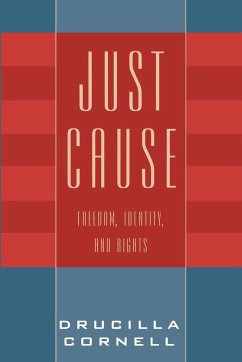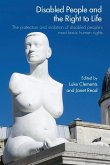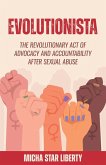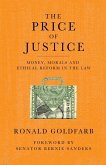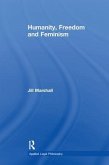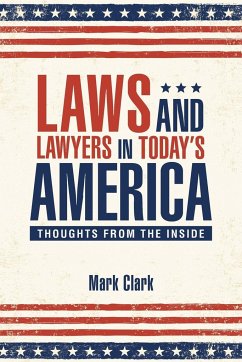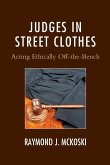One of the distinguishing features of Drucilla Cornell's work is its emphasis on the significance of ideals. The essays collected here examine how the ideals of freedom and equality associated with the democratic revolutions of the West have survived the challenges of twentieth century critiques. Cornell argues that, far from threatening these ideals, feminism, race theory and other new theories have deepened their meaning and so allowed them to survive. In particular, Cornell here engages with issues surrounding representation and rights. Drawing on her experiences as a union organizer, she recounts how workers, and in particular women workers, came to imagine themselves in a way that allowed them to engage in political activism. The kind of representation- the imaginative acts by which we envisage the world and our role in it- is entwined, she argues, with struggles for representation in democratic practice. Cornell's work on law also reveals her vision of the role of the ideal. Included here are two of her most important contributions to legal theory-her well-known defense of worker's rights (also included is the response to her essay by Judge Richard Posner) and her ground-breaking defense of Spanish-language rights.
Hinweis: Dieser Artikel kann nur an eine deutsche Lieferadresse ausgeliefert werden.
Hinweis: Dieser Artikel kann nur an eine deutsche Lieferadresse ausgeliefert werden.

